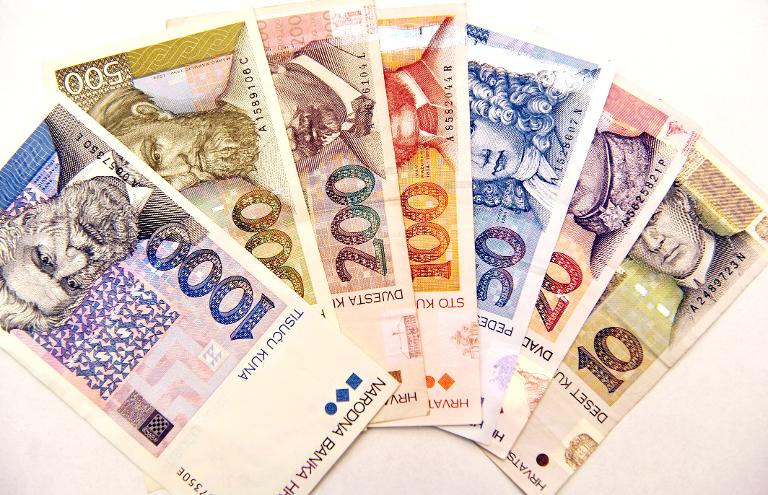
Croatia freezes Swiss franc's rate for a year
According to amendments to the Consumer Loan Act the franc's rate for payments of loans was fixed at 6.39 kunas (0.83 euros, $0.93) for a year. The banks were to bear the costs estimated by the Croatian Central Bank (HNB) at some 52 million euros.
The amendments had been proposed by Prime Minister Zoran Milanovic's centre-left government.
The Croatian Banking Association (HUB) earlier voiced surprise with the government's decision and warned that it "puts the burden on one side only."
Some 90 percent of Croatia's banking sector is controlled by foreign banks.
Milanovic, who faces parliamentary elections later this year, on Wednesday pledged a lasting solution over the issue and said his government would also review possible conversion of home loans into Croatia's kuna currency.
But HNB warned that the possible conversion of home loans in Swiss francs into kunas would reduce Croatia's international reserves by 30 percent.
Meanwhile, an association of borrowers holding loans in Swiss francs called on Croatians to light candles in front of all banks throughout the Balkan country at the weekend for the "victims of the Swiss franc and all other loan-shark credits."
Switzerland's central bank last week ended a three-year bid to artificially hold down the franc's value. The sharp rise in the franc wreaked havoc on global markets and bankrupted several foreign exchange traders.
Since then Croatia's kuna currency has fallen by nearly 20 percent against the Swiss franc.
More than 100,000 people in Croatia took out loans denominated in Swiss francs, almost three-quarters of which were to buy homes. Some 60,000 of the loans are still outstanding.
Swiss franc loans became popular in several central European countries in the 2000s when they offered lower interest rates than local currencies.
Croatia joined the European Union in 2013, but has yet to adopt the euro.

Legal Disclaimer:
MENAFN provides the
information “as is” without warranty of any kind. We do not accept
any responsibility or liability for the accuracy, content, images,
videos, licenses, completeness, legality, or reliability of the information
contained in this article. If you have any complaints or copyright
issues related to this article, kindly contact the provider above.













Comments
No comment